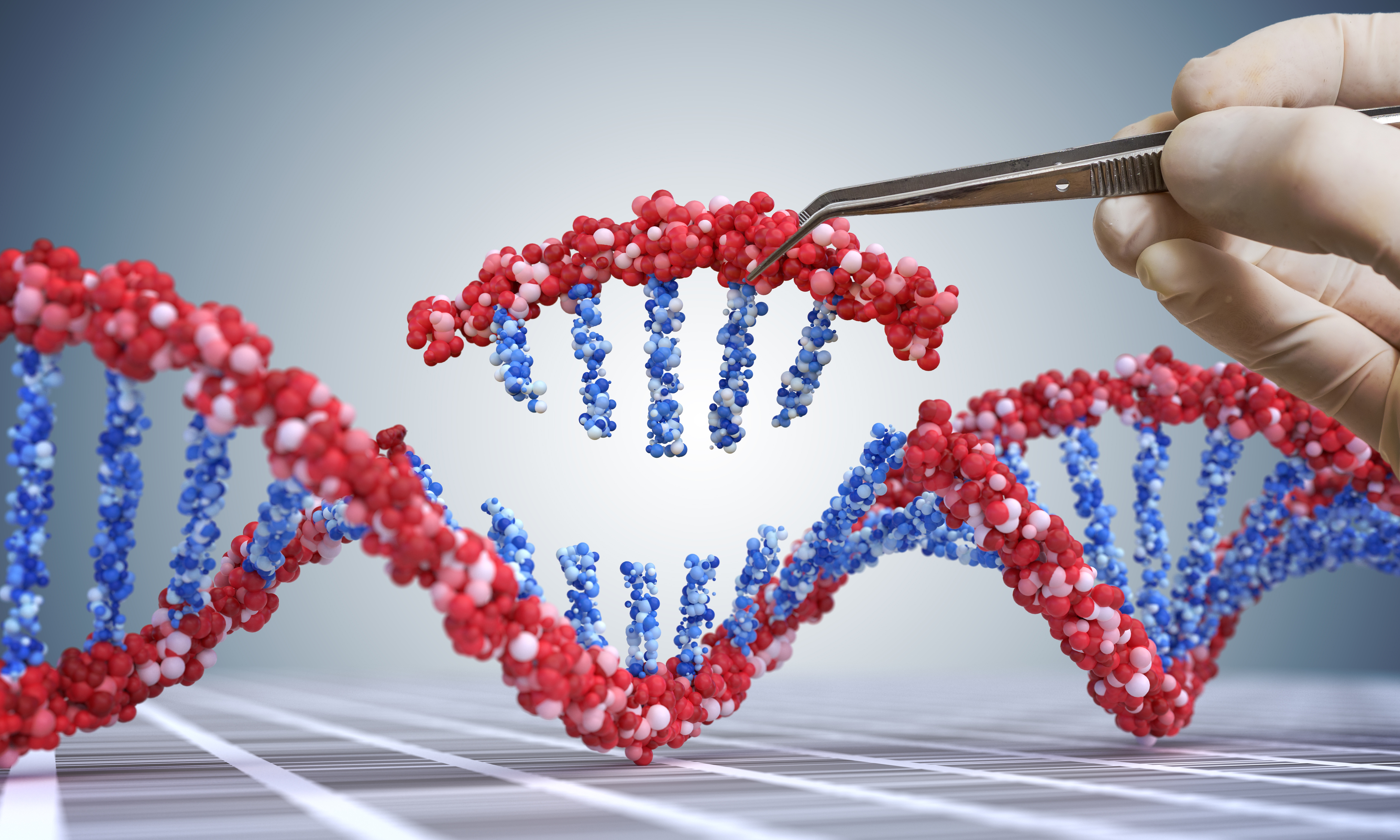Potential Inequities in New Medical Technologies
By Eric B. Kmiec and Jonathan Marron,
Scientific American
| 03. 28. 2020
As headline-catching new technologies emerge—like tools to “edit” our DNA—researchers, doctors, patients and the general public are excited about the future of medicine and the research that informs its practice. For some, there are obvious and critical conversations taking place about the ethics of this research, including how we do it (think “CRISPR babies” in China) and the potential for edits (intentional or otherwise) that could be passed on to future generations.
These conversations are important, but they can overshadow another equally important question. Will all patients have equal access to these new technologies?
That question requires us to look back at the blemished history of medical research and health care that has resulted in some patients—based on their race, gender, income and other factors—having poorer access to health care and poorer health in general. In some cases, this is because the system neglected them. In others, because the system blatantly abused them. The question we must ask is: Will new treatments continue or even worsen deeply rooted disparities? Or will we lay the groundwork for future treatments that...
Related Articles
By Vittoria Vardanega, SWI swissinfo.ch | 02.13.2026
In recent years, sperm donation has produced family trees of unprecedented size, stretching across countries and, in some cases, continents. Stories of “mass donors” have captured public attention, most recently through the Netflix documentary series, The Man with 1,000 Kids...
By Jonathan D. Moreno, Hastings Center Bioethics Forum | 02.09.2026
When I began to write a book about bioethics and the rules-based international order, the idea that the world was facing the greatest geopolitical change since World War II was uncontroversial for those who were paying attention to such esoterica...
By Zachary Brennan, Endpoints News | 02.23.2026
The FDA is spelling out the details of a new pathway to help speed personalized cell and gene therapies to market for rare diseases.
Monday’s long-awaited draft guidance outlines the agency’s “plausible mechanism” framework, a pathway FDA Commissioner Marty Makary...
By David Jensen, California Stem Cell Report | 02.10.2026
Touchy issues involving accusations that California’s $12 billion gene and stem cell research agency is pushing aside “good science” in favor of new priorities and preferences will be aired again in late March at a public meeting in Sacramento.
The...




